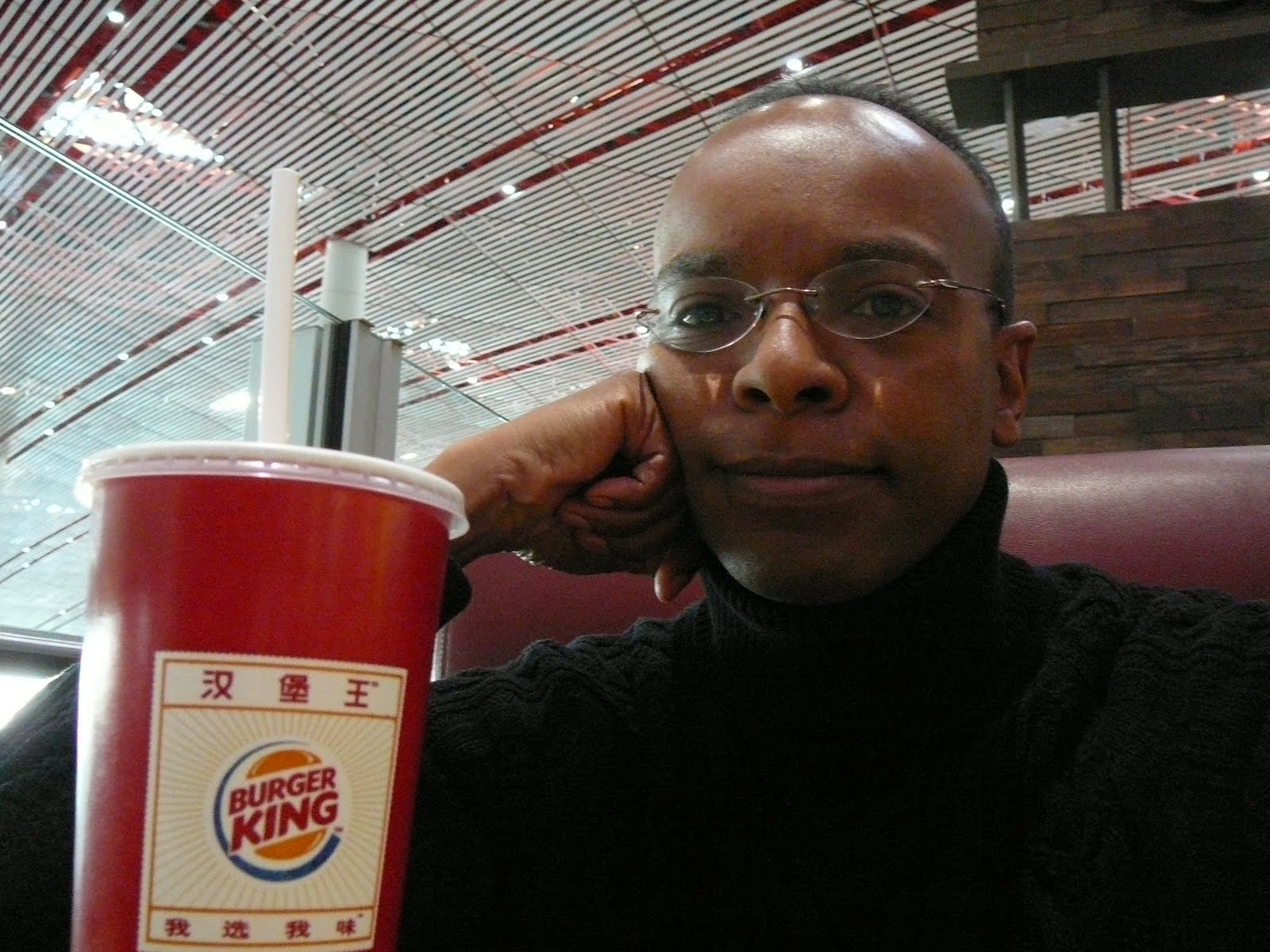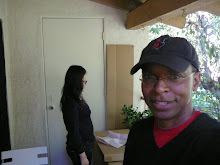
I could not pass up a recent article from The Atlantic, just from glimpsing the lightning-rod title alone: "How to See the Real China: Ride Beijing's Subway."
This article was written by Deborah Fallows, and has all the marks of an author whose husband told her to sit in her Beijing villa and do something halfway-useful. And I'm generous in using "halfway". If she wanted to see the real China, she should have sat on the subway platform floor and made herself a target of every drop of saliva and worse that came her way.
She cites all her years of living in Beijing and Shanghai, two of the new Chinese super-cities, and writes about how subway passengers' behavior has improved during the past 4 years: upscale business-people quietly and dutifully standing in line, not pushing and shoving, following every rule of law and order and fairness.
What a crock.
Fallows admits she based these experiences on riding the new Line 10 through the Beijing central business district, arguably one of Asia's most modern and civilized areas. She manages to write a lame follow-up that documents the jarring counterpoint of riding Line 1, the oldest subway line in the city, which is always packed with people from, as is the favored term here, "all walks of life." Her husband gets doubled-over by a migrant worker struggling to carry his plastic-grain-sack-full-of-everything onto the crowded train. This is the true Beijing subway experience, and the one she should have started her story with.
I like to contrast Fallows' article with the book written by Tom Scocca with the similarly incendiary title, "Beijing Welcomes You." Scocca arrived in the alleged city-of-the-future at roughly the same time I did, and his account is rock solid, from the forced evictions in old neighborhoods, to the people crowding to get aboard a bus refusing to let the disembarking passengers get off first. ("Habit was stronger than etiquette, or numerology," according to Scocca. True.)
Scocca is at his best when he describes the what I would call the life of a typical Beijing resident: "A 30-year-old Chinese citizen has seen more disruption and change than a 60-year-old American has; a 60-year-old Chinese citizen has seen more than a 200-year-old American would have."
Think about that the next time you look at the Fodor guide.


No comments:
Post a Comment